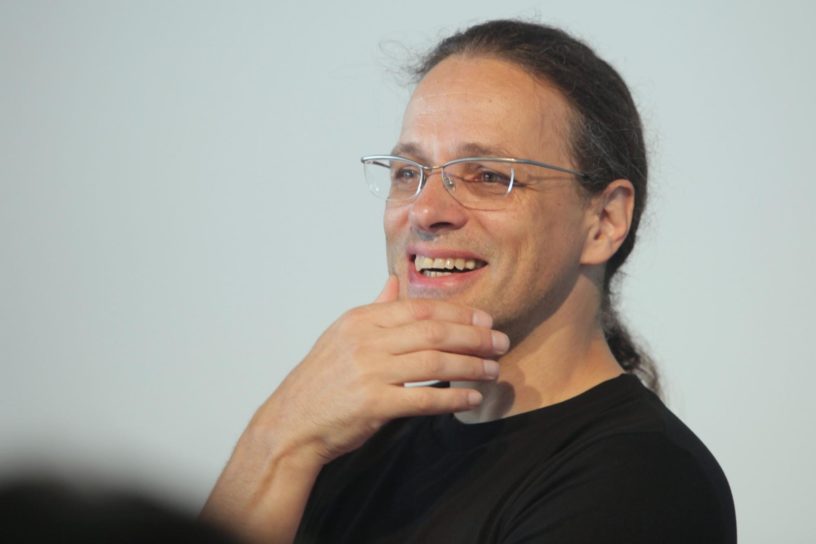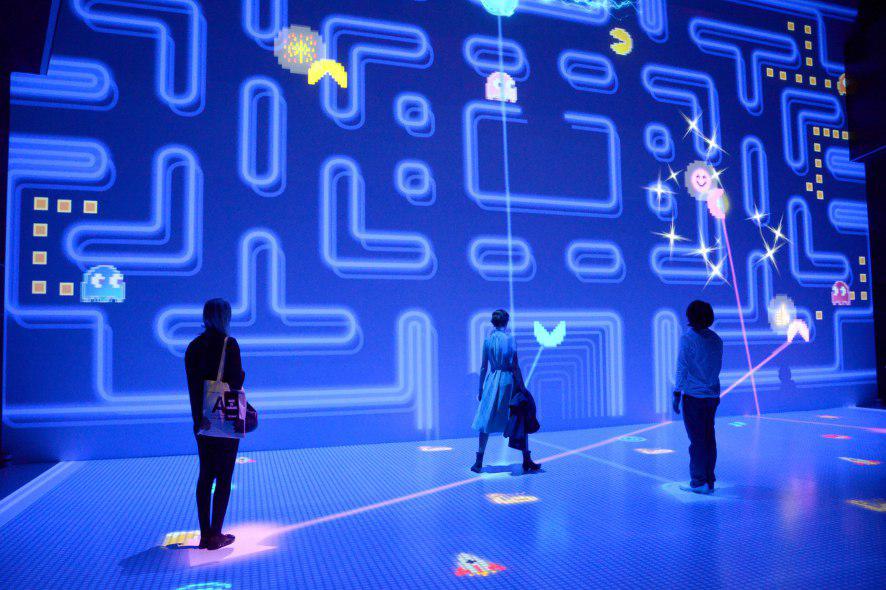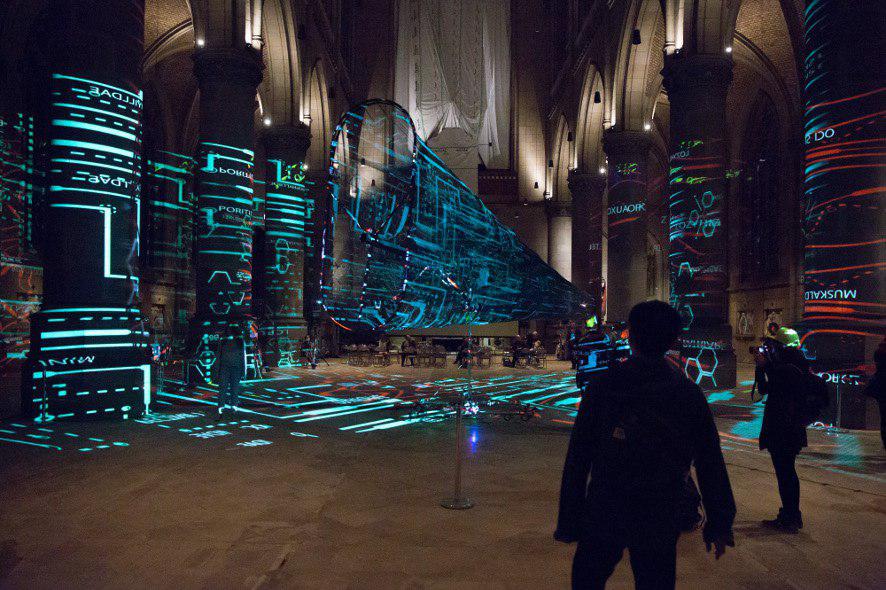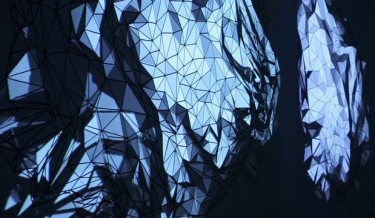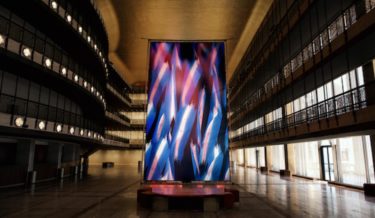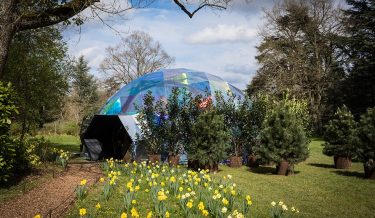Related post
Joanie Lemercier – Tesselate / Biela noc Košice 2015
Nov 26, 2015
|
Comments Off on Joanie Lemercier – Tesselate / Biela noc Košice 2015
2600
Pixels Dance in a Massive Video Installation at the New York City Ballet
Mar 17, 2017
|
Comments Off on Pixels Dance in a Massive Video Installation at the New York City Ballet
3308
IN – OUT / Artificial Paradises 2017
Jul 03, 2017
|
Comments Off on IN – OUT / Artificial Paradises 2017
2302

